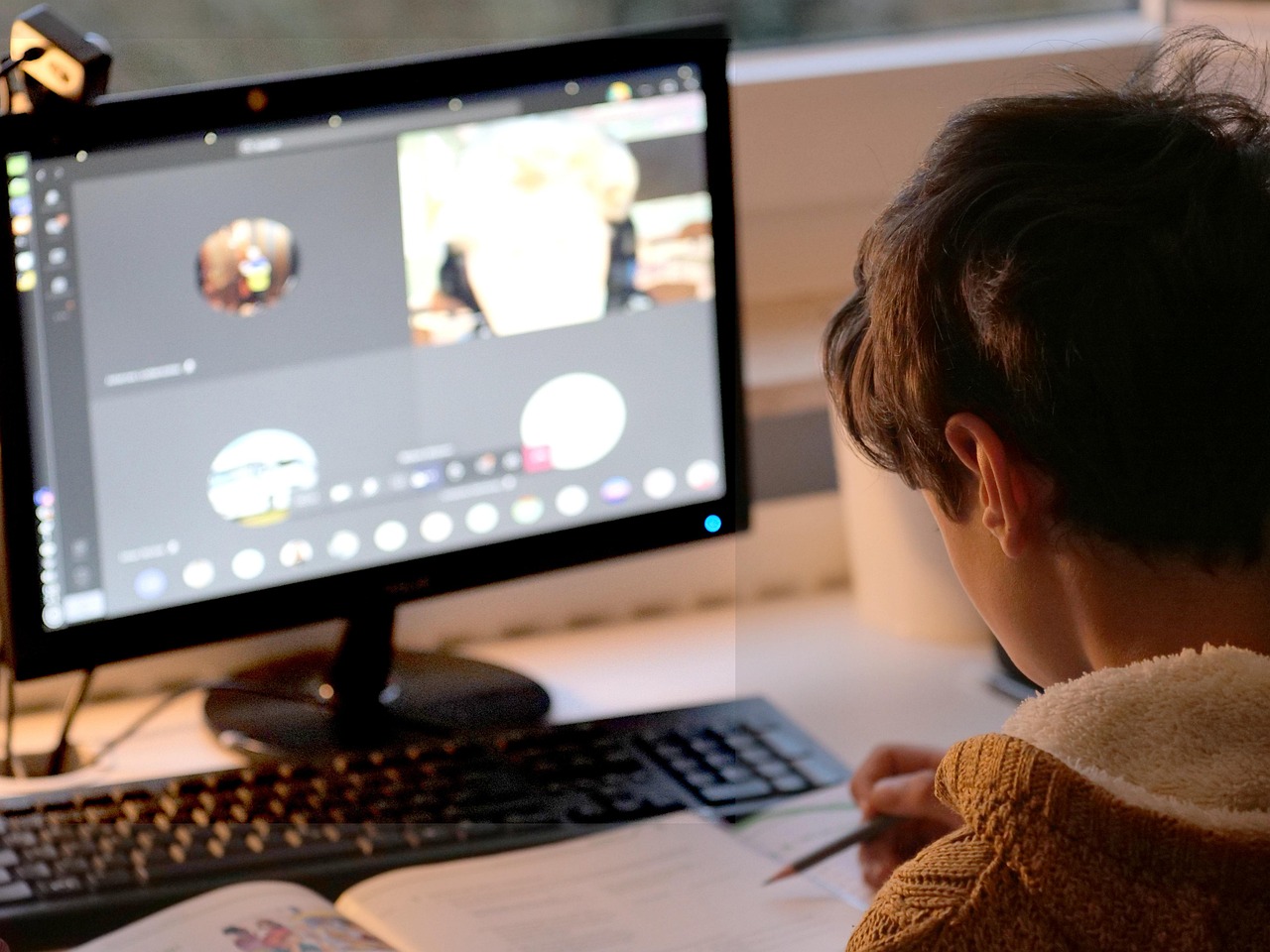Context and Issue:
Many students around the world face significant barriers to accessing high-quality education. Educational resources were often limited by geographic location, economic status, and the availability of qualified teachers. Traditional classroom settings sometimes struggle to cater to individual students' diverse learning paces and styles, leading to gaps in understanding and educational attainment. Additionally, supplemental educational support, such as private tutoring, was often prohibitively expensive and inaccessible to many families.
Solution
In response to significant educational barriers, Salman Khan initiated Khan Academy in 2008, starting with online math tutoring videos for his cousin, Nadia. These videos quickly gained popularity on YouTube, prompting Khan to expand the subjects and create a structured, interactive platform. Supported by individual contributions and philanthropic funding, Khan Academy became a nonprofit organization that provides free, world-class education to anyone, anywhere. The platform offers practice exercises, instructional videos, and personalized learning dashboards across various subjects, including math, science, reading, computing, history, art history, economics, financial literacy, and standardized test preparation. It operates on mastery learning principles, tracking student progress through proficiency levels and offering immediate feedback. Teachers and parents can monitor performance via detailed dashboards. Khan Academy’s resources are translated into over 36 languages, ensuring global accessibility, and the platform is free to use, removing economic barriers to high-quality education.
Impact
Khan Academy has significantly improved educational outcomes globally, with studies showing notable learning gains. Weekly use in 157 Brazilian primary schools improved math scores and attitudes (Ferman et al., 2019), and supplemental use in El Salvador enhanced math performance for 3,500 students (Buchel et al., 2019). A summer program in Silicon Valley showed better algebra-readiness scores (Snipes et al., 2015). Quasi-experimental studies found higher math assessment performance in Sri Lanka (Weeraratne & Chin, 2018) and Guatemala (Manuas, 2016) with Khan Academy. Correlational studies revealed that 30+ minutes of weekly use improved MAP Growth math scores (Weatherholtz et al., 2022), higher SAT scores, better performance in Long Beach schools, and higher ACCUPLACER scores for community college students (Weatherholtz et al., 2020; College Board, 2017; Hill et al., 2018; Chan et al., 2016). Overall, consistently using Khan Academy improves test scores, grades, and college readiness, demonstrating its success in enhancing educational outcomes worldwide.












